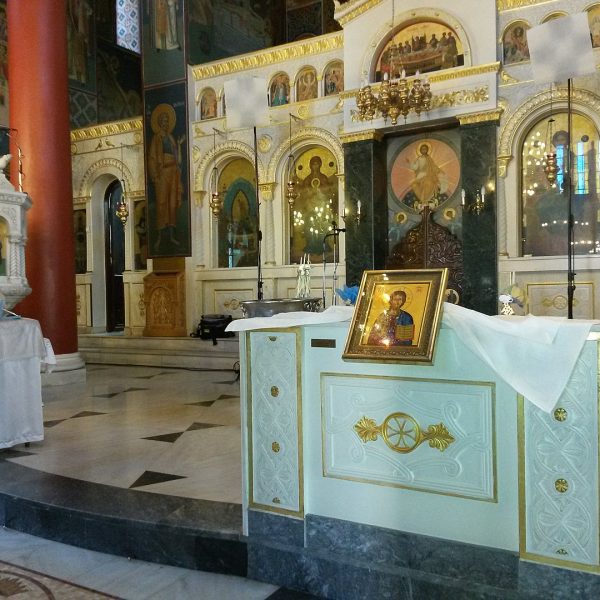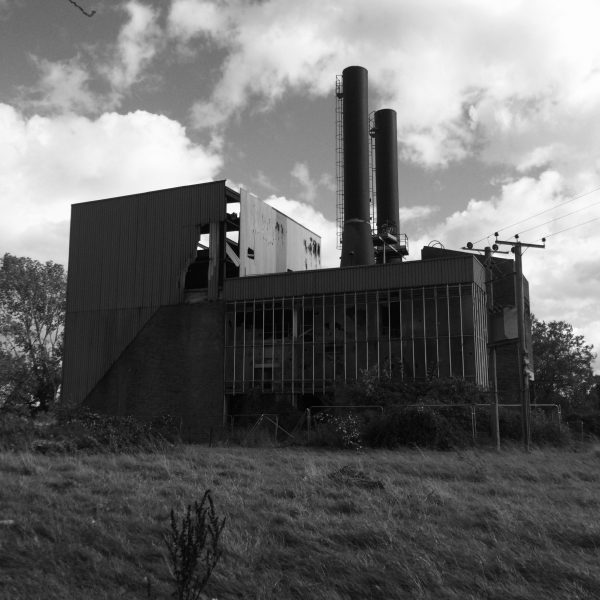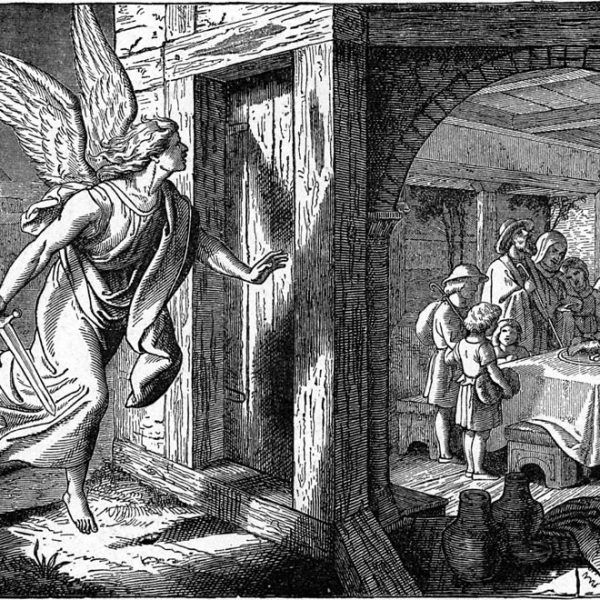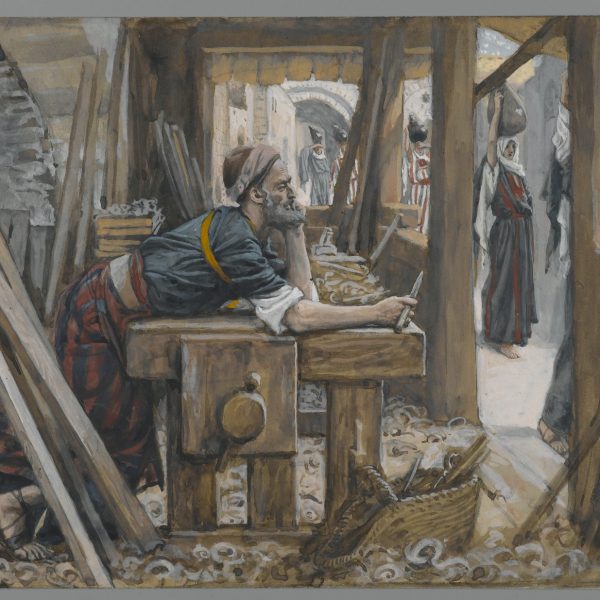
These restrictions must take into careful consideration the historicity of each religious tradition, the social influence of religious beliefs among its citizens, but also theological and exegetical specificities that influence the tradition’s adaptability to the current emergency. Without such thoughtful considerations and a close collaboration with trusted religious authorities, religious communities could be alienated, which can be disruptive in times that require rather unity of thought and action.

Differentiating journalists as enemies is always alarming, but especially so during a public health crisis.

Thoreau’s asceticism was always also related to his hope for just economy – a way of life beyond slavery or exploitative capitalism. I am thus invested in thinking about Thoreau’s religion – his ascetic practice in the woods and the theological commitments that drove it – as deeply tied to his politics.

Political leaders need a moral compass and scientific counsel to navigate the coronavirus waves to come.

How does one turn away from a Lenten desert, so profoundly illustrated in the wastelands of plastic filled beaches, and walk towards the resurrection hope of Easter? Perhaps by remembering that Easter is coming, but its only the middle of the story.

Thoreau’s generative ambivalence, the reason we keep returning to him, comes from a specific move he makes, over and over again. Thoreau does something very particular for us. He recasts problems of political economy as ethical questions about the conduct of life.

This biblical text—the “trial” and execution of Jesus—is a text that we who are Christians know so well we may be tempted to skim it. In the same way, we think we know and understand climate change—enough that we can skim the science.




